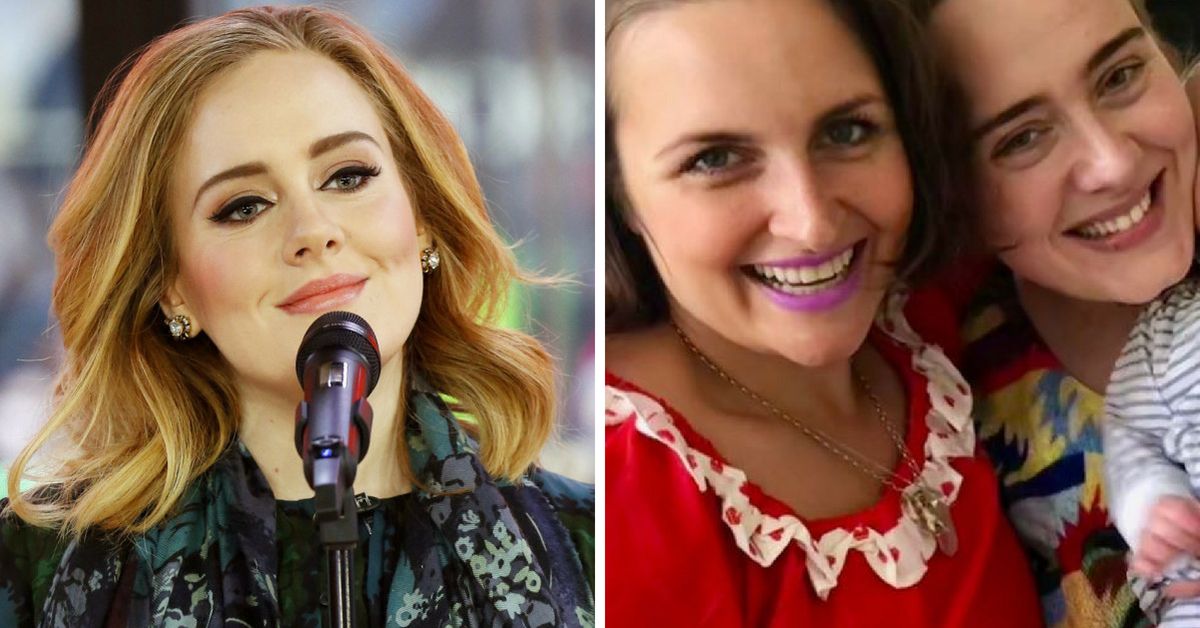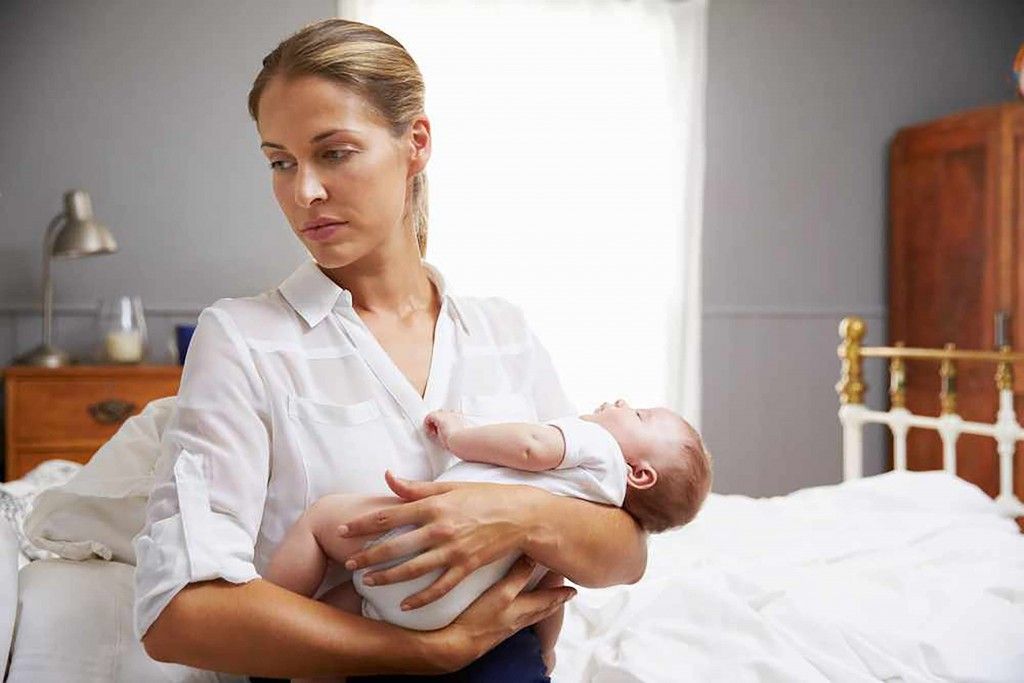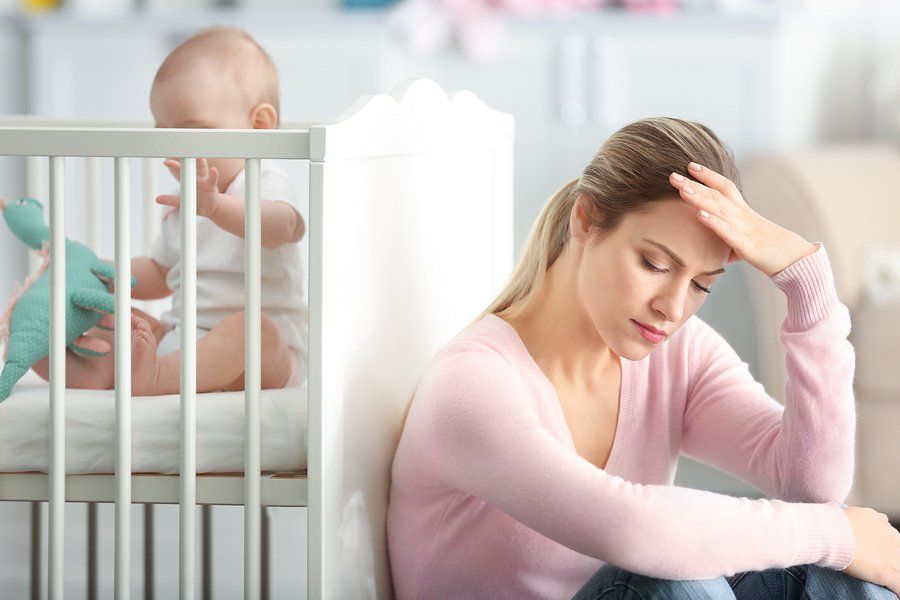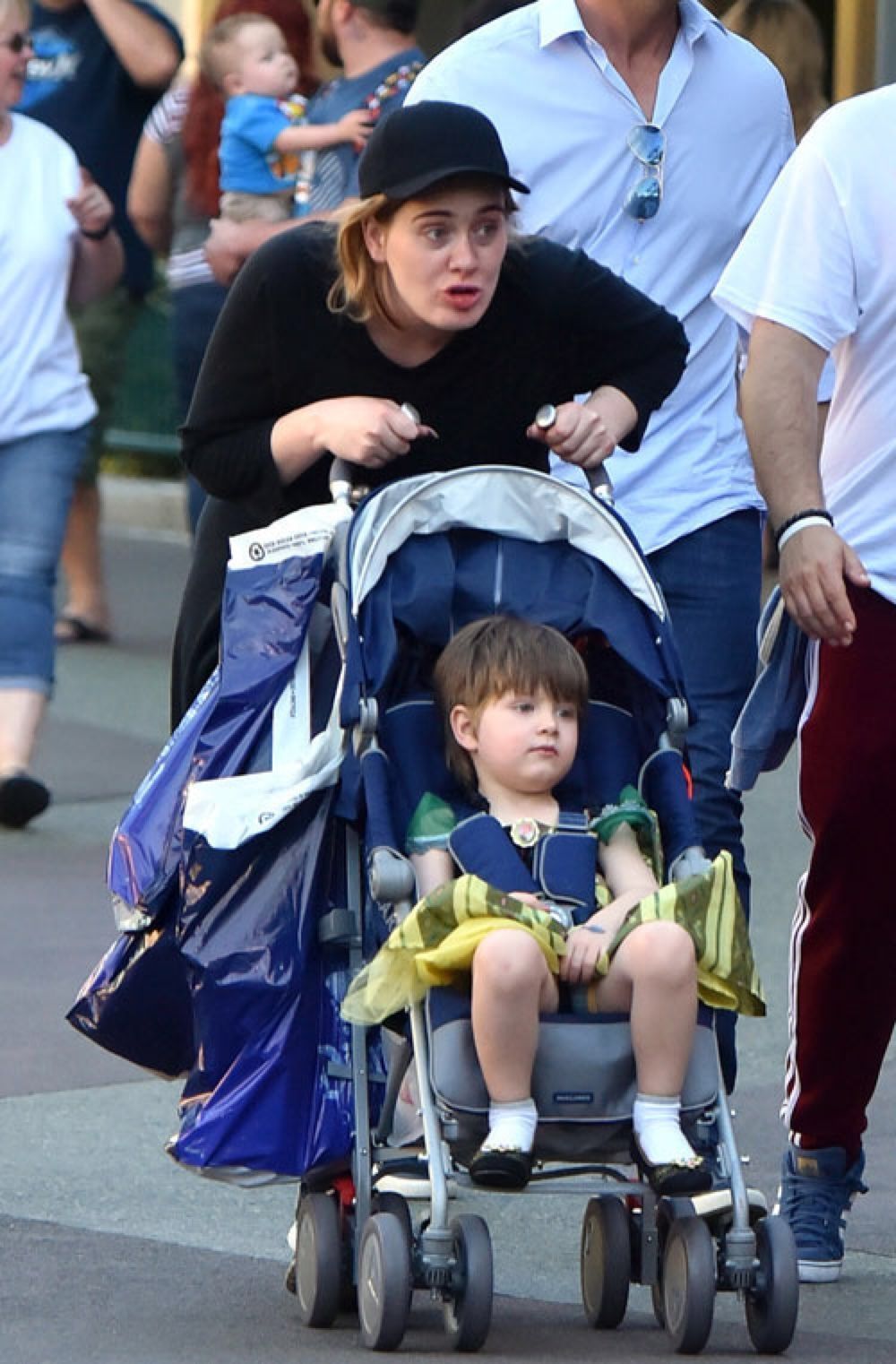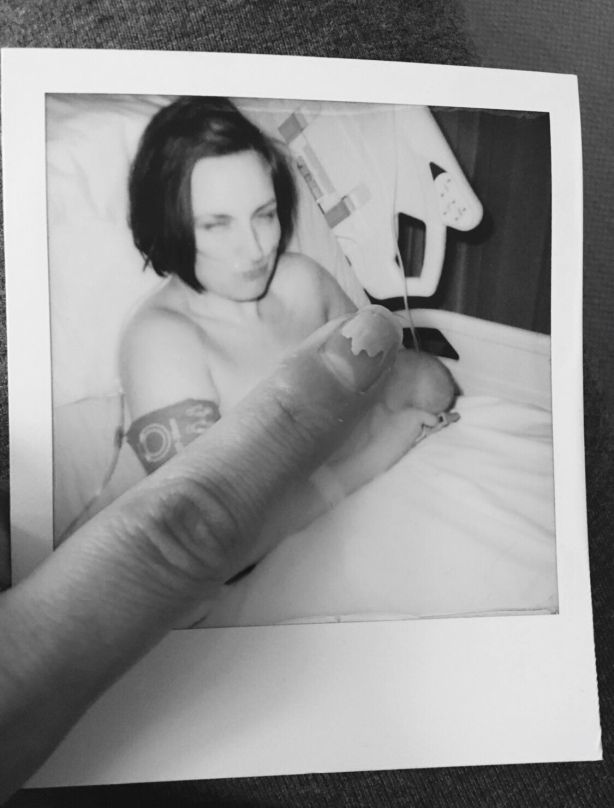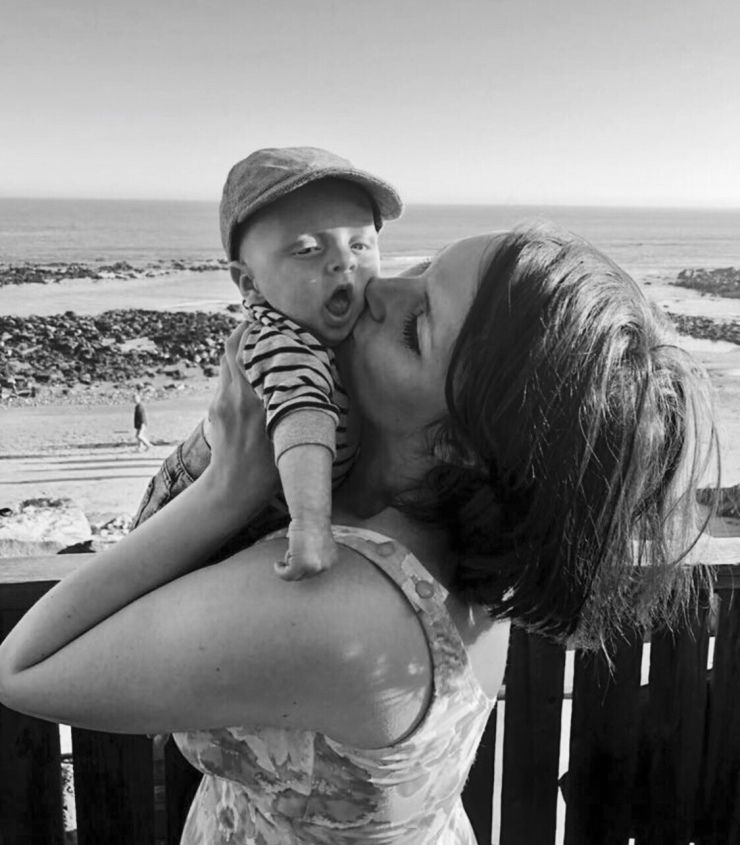They say one of the great joys in the world is having a child, but what many people don't talk about is women potentially developing postpartum depression or postpartum psychosis.
According to the American Psychological Association (APA), one in seven women will be diagnosed with postpartum depression, while having postpartum psychosis is considered rare.
Even though they both have "postpartum" in their name, you might be asking yourself, "what's the difference?"
Postpartum Depression Vs. Postpartum Psychosis
Although symptoms of postpartum depression vary depending on the individual, the APA lists them as frequent mood swings, lack of interest or pleasure of things you previously enjoyed, withdrawal from loved ones, fear of being a bad mother or being left alone with the baby, and thoughts of hurting yourself or the infant.
This condition can typically last for a few weeks, and up to a month if left untreated.
The Journal of Women's Health cites that while postpartum psychosis is more severe, only one or two out of 1,000 women are affected by the condition, and it often emerges two to four weeks after giving birth.
The publication also states that along with psychotic symptoms, women will also show signs of paranoia, mood swings and confusion.
Individuals are also more likely to develop the condition if they have is a family history of bipolar disorder or schizoaffective disorder.
Fortunately, more awareness is being brought to the forefront, and one of these individuals bringing light to the issue is none other than the legendary Adele.
"This is my best friend."
In a 2016 interview with Vanity Fair, Adele revealed she had suffered from postpartum depression when she gave birth to her son, Angelo, who is now five years old.
"My knowledge of postpartum "” or post-natal, as we call it in England "” is that you don't want to be with your child; you're worried you might hurt your child; you're worried you weren't doing a good job," she said.
"But I was obsessed with my child. I felt very inadequate; I felt like I'd made the worst decision of my life."
Now, she's praising her best friend, writer Laura Lee Dockrill for opening up about her recent battle with postpartum psychosis.
The "Hello" singer took to Twitter and revealed how her friend's delivery triggered "the biggest challenge of her life."
https://t.co/1WDiyFHfNm pic.twitter.com/hLmmKaTkOa
— Adele (@Adele) August 13, 2018
Adele also linked to Dockrill's blog post, where she shared her journey with the illness.
"This is my best friend. We have been best friends for more of our lives than we haven't. She had my beautiful godson 6 months ago and it was the biggest challenge of her life in more ways than one," she tweeted.
Adele continued, "She has written the most intimate, witty, heartbreaking and articulate piece about her experience of becoming a new mum and being diagnosed with postpartum psychosis. Mamas talk about how you're feeling because in some cases it could save yours or someone else's life x."
"It's not easy to admit that the worst time of your life was when your baby was born."
In her blog post, Dockrill said she needed her partner, Hugo, to send her photos of herself with her family and friends to remind her who she was.
The new mother said she thought she would never recover from postpartum psychosis, she eventually spent two weeks in the hospital away from her son to receive the treatment she needed.
"Even though postnatal depression and the psychosis are both treatable, even when my doctor said I would 100% recover I remember thinking, 'Maybe others do but not me, this is me forever.'"
Dockrill also detailed her feelings of inadequacy, saying she felt like "I had pushed out my personality as well as a baby," but also offered optimism to others going through similar experiences.
"It's not easy to admit that the worst time of your life was when your baby was born," Dockrill explained.
"Social media gives a very shiny exterior of life to be frank and it's not the full picture, so I wanted to unlock some doors and be honest. I've been somewhere I can't unsee and "” in case there is anybody out there struggling "” to open up a dialogue and say it's ok."
"Birth and motherhood is a shock to the system and traumatic and we shouldn't have to suffer in silence," she continued. "You have to talk."
If you know anyone suffering from postpartum depression or postpartum psychosis, share this story to let them know they can overcome this illness!
